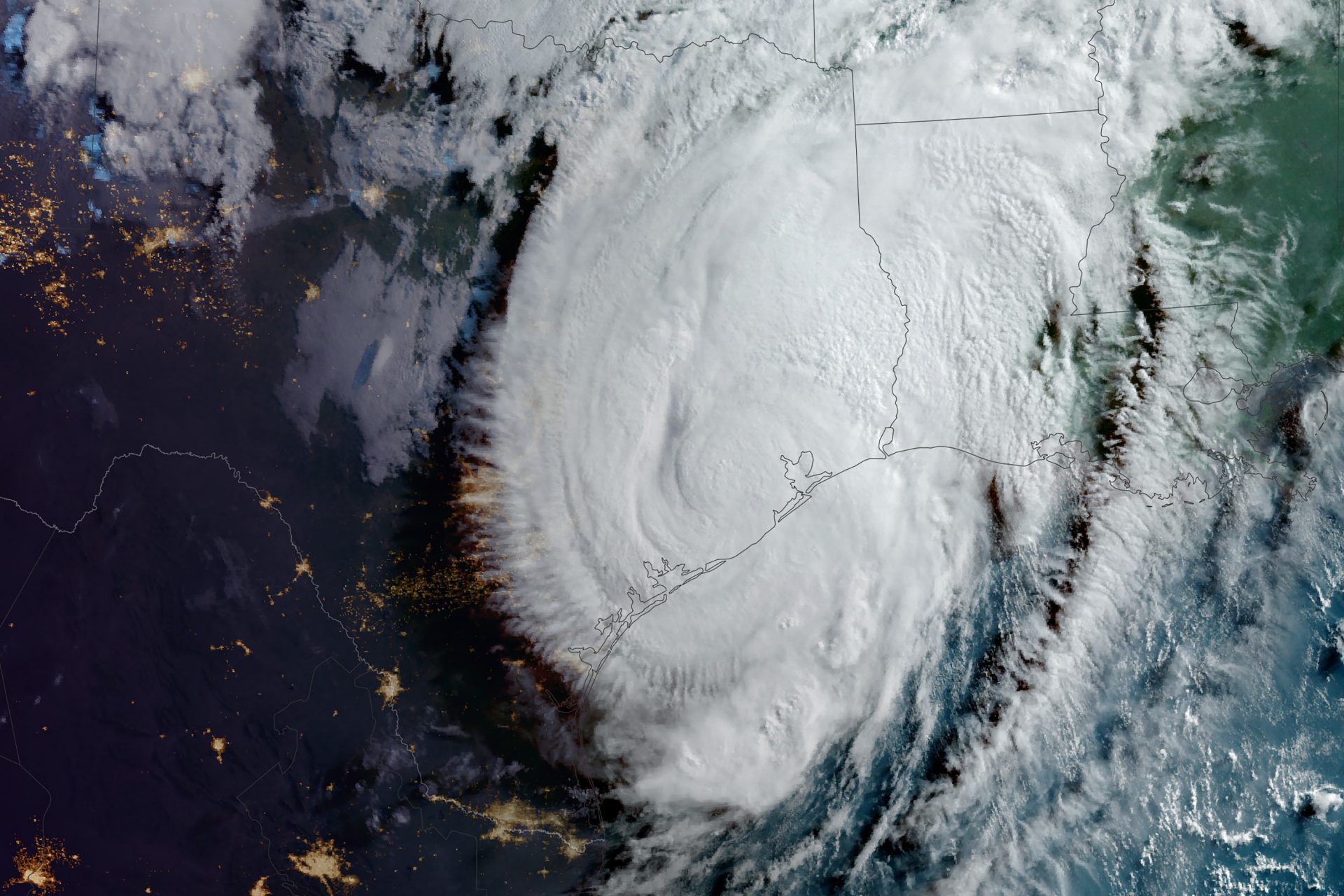The IRS said this week that individuals and businesses in 67 Texas counties affected by Hurricane Beryl now have until Feb. 3, 2025, to file various federal individual and business tax returns and make tax payments.
The IRS is offering relief to any area designated by the Federal Emergency Management Agency (FEMA). This means individuals and households that reside or have a business in the following counties in Texas qualify for tax relief: Anderson, Angelina, Aransas, Austin, Bowie, Brazoria, Brazos, Burleson Calhoun, Cameron, Camp, Cass, Chambers, Cherokee, Colorado, Dewitt, Fayette, Fort Bend, Freestone, Galveston, Goliad, Gregg, Grimes, Hardin, Harris, Harrison, Hidalgo, Houston, Jackson, Jasper, Jefferson, Kenedy, Kleberg, Lavaca, Lee, Leon, Liberty, Madison, Marion, Matagorda, Milam, Montgomery, Morris, Nacogdoches, Newton, Nueces, Orange, Panola, Polk, Refugio, Robertson, Rusk, Sabine, San Augustine, San Jacinto, San Patricio, Shelby, Trinity, Tyler, Upshur, Victoria, Walker, Waller, Washington, Webb, Wharton, and Willacy.
The same relief will be available to any other counties added later to the disaster area.
The tax relief postpones various tax filing and payment deadlines that occurred from July 5, 2024, through Feb. 3, 2025. As a result, affected individuals and businesses will have until Feb. 3, 2025, to file returns and pay any taxes that were originally due during this postponement period.
The Feb. 3 deadline, the IRS said, will now apply to:
- Any individual, business, or tax-exempt organization that has a valid extension to file their 2023 federal return. The IRS noted, however, that payments on these returns aren’t eligible for the extra time because they were due last spring before the hurricane occurred.
- Quarterly estimated income tax payments normally due on Sept. 16, 2024, and Jan. 15, 2025.
- Quarterly payroll and excise tax returns normally due on July 31 and Oct. 31, 2024, and Jan. 31, 2025.
In addition, penalties for failing to make payroll and excise tax deposits due on or after July 5, 2024, and before July 22, 2024, will be abated, as long as the deposits are made by July 22, 2024.
The disaster assistance and emergency relief for individuals and businesses page has details on other returns, payments, and tax-related actions qualifying for relief during the postponement period.
The IRS automatically provides filing and penalty relief to any taxpayer with an IRS address of record located in the disaster area. These taxpayers don’t need to contact the agency to get this relief.
If an affected taxpayer doesn’t have an IRS address of record located in the disaster area, for example, because they moved to the disaster area after filing their return, that individual could receive a late filing or late payment penalty notice from the IRS for the postponement period. The taxpayer should call the number on the notice to have the penalty abated.
In addition, the IRS said it will work with any taxpayer who lives outside the disaster area but whose records necessary to meet a deadline occurring during the postponement period are located in the affected area. Taxpayers qualifying for relief who live outside the disaster area need to contact the IRS at 866-562-5227. This also includes workers assisting the relief activities who are affiliated with a recognized government or philanthropic organization. Disaster area tax preparers with clients located outside the disaster area can choose to use the bulk requests from practitioners for disaster relief option, described on IRS.gov.
Individuals and businesses in a federally declared disaster area who suffered uninsured or unreimbursed disaster-related losses can choose to claim them on either the return for the year the loss occurred (in this instance, the 2024 return normally filed next year), or the return for the prior year (the 2023 return filed this year).
Taxpayers have extra time—up to six months after the due date of the taxpayer’s federal income tax return for the disaster year (without regard to any extension of time to file)—to make the election. For individual taxpayers, this means Oct. 15, 2025. Write the FEMA declaration number—4798-DR—on any return claiming a loss.
Thanks for reading CPA Practice Advisor!
Subscribe Already registered? Log In
Need more information? Read the FAQs




